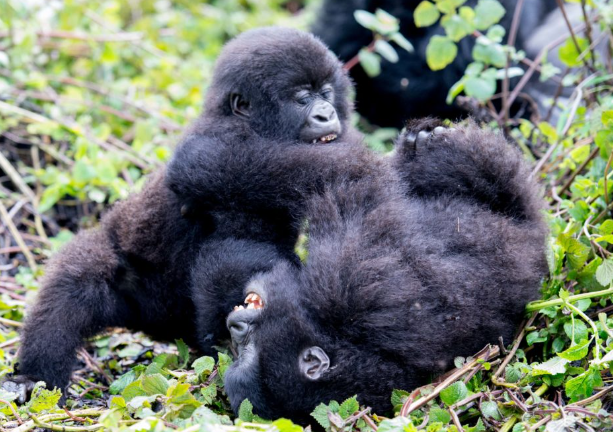The Role of Play in Gorilla Socialization
Understanding the dynamics of gorilla socialization is crucial for conservation efforts and the well-being of these magnificent creatures in captivity and the wild. Play is not just a fun activity; it serves significant roles in the social lives of gorillas, helping them develop essential skills and bonds. In this post, we will explore how play contributes to socialization among gorillas and why it matters.
The Importance of Play in Developing Social Skills
Play is essential for gorillas as it establishes a foundation for social skills crucial for their survival. Young gorillas learn to navigate relationships and communicate effectively through play. They engage in wrestling, chasing, and other forms of interactive play that foster trust among individuals. These playful interactions help juveniles understand social hierarchies, allowing them to identify their place within a group. Additionally, practice during play can prepare them for future challenges in adulthood, such as asserting dominance or resolving conflicts without resorting to aggression.
Strengthening Bonds Within Gorilla Communities
Gorilla play is not limited to young individuals; adults participate as well, reinforcing social bonds within the community. Adult gorillas often engage in playful behaviors, such as swinging from branches or playfully teasing younger members, which contributes to a harmonious group dynamic. These interactions foster cooperation, empathy, and emotional connections, all of which are vital for group cohesion. Such strong relationships reduce stress levels and create an environment where gorillas feel safe and secure, which is crucial for their mental well-being.
Play and Cognitive Development
In addition to social benefits, play significantly impacts cognitive development in gorillas. Engage in exploratory behaviors during play helps young gorillas develop problem-solving skills and improve their physical abilities. Activities such as climbing, manipulating objects, or solving puzzles stimulate their curiosity and intelligence. This type of play encourages not only physical agility but also mental acuity, preparing them for the complexities of life in the wild. Through these playful experiences, gorillas learn about their environment, enhancing their adaptability and survival instincts.
In conclusion, play is a fundamental aspect of gorilla socialization that supports the development of essential social skills, fosters strong bonds within communities, and enhances cognitive abilities. Understanding the role of play is not just fascinating; it is crucial for promoting gorilla conservation efforts and improving care in zoos and sanctuaries. For those interested in learning more about gorilla behavior and conservation, there are many resources available to deepen your understanding and contribute to protecting these incredible animals.

